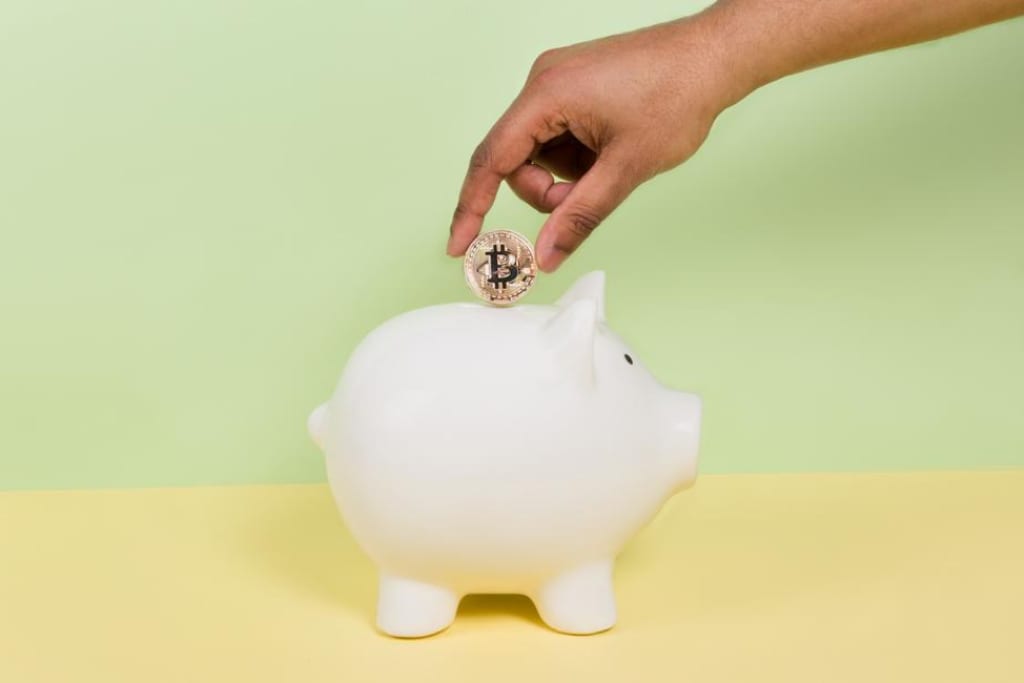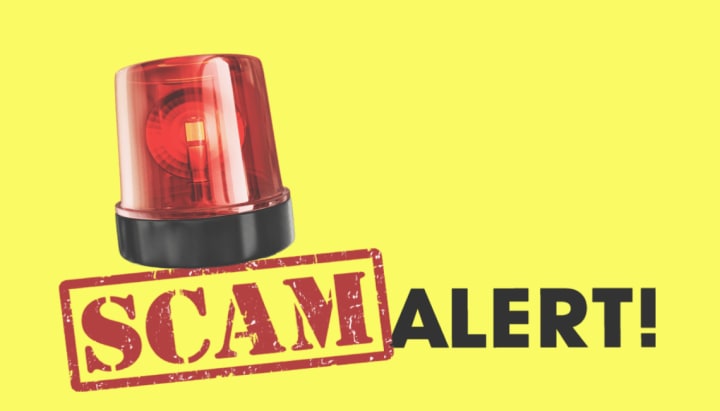How to Know If You’re Investing in a Bad ICO
Here are 6 signs to look for to prevent yourself from investing in a bad ICO.

Do you have any investments in ICOs or cryptocurrencies? If not, that's not so surprising simply because it can be difficult to know a good ICO from a bad ICO. There are a lot of reasons why most ICOs fail, too. Yet, there are some signs to use to alert you to a poor investment choice. Let's take a few moments to consider just how to go about figuring out if you are at risk for investing in a bad ICO.
Experts say that there are simple ways to gauge an ICO, and uncover the ones to avoid. As one such expert as written: "There are many ICOs. The phenomenon, that started three years ago, has become very accessible due to Ethereum based ERC-20 tokens." These are tokens used specifically in the Ethereum platform, and if you are not familiar with the crypto world, it is Bitcoin and Ethereum that seem to dominate it.
Yet, ICOs are occurring more and more. Initial coin offerings, ICOs, are a "fundraising method that trades future crypto coins (ICO coins) for cryptocurrencies which have an immediate, liquid value." The goal is to raise funds to allow generous project funding and obtain a much higher price for the specific tokens than during the ICO. In 2018, both HDAC and Filecoan raised sums over $250 million each during their ICOs.
Avoiding the Risk of Investing in a Bad ICO

Image courtesy Sarah Pflug
So, how does one avoid investing in a bad ICO in such a heady climate? Here are those warning signs.
The team seems less experienced than they should be.
ICO investors should look for well-known advisors in the team of investors before they willingly invest in an ICO. Unless you are certain you can trust the company with your money, don't go for it. How do you know about the people listed (or not listed)? One expert suggests that you simple use good old Google and check out the people listed. Are they on LinkedIn? What do the profiles say? Are there famous financiers or experts? If so, how much experience in cryptocurrencies do they have? Most importantly, what other ICOs have they been involved with? If you have no one with experience, no one with authority in the field, and no one of note on the team, you may be investing in a bad ICO. This is also one of the signs an ICO is a scam.
What Others Say
Many people use the ANN thread at sites like BitcoinTalk.org. This is the largest forum (currently) for cryptocurrency world announcements and discussions. Explore these forums and see what other investors might be saying about a particular ICO. Often, the developers themselves step up and answer questions or engage in the forum. If there is radio silence at their end, though, it is likely that you are at risk for investing in a bad ICO. One thing that often emerges from such discussions is an answer or lack of one about why an ICO is needed. If it is strictly a way to get easy money or makes it clear that this is the only function of the company and its ICO, steer clear.
Project Status
To know if you are investing in a bad ICO, or at least a risky one, check out the stage or status of the project. Is it at the white paper level (i.e. theoretical)? Is it in the written code phase? Pre-sale investors are not often opposed to sinking capital into something in the earliest stages, and if you see that big names are getting on board, you might have a good choice. If you see a total absence of industry support, venture capital, or pre-sale investors, it is yet another warning sign that you are at risk for investing in a bad ICO.
Hard Cap Concerns

Open cap means that investors are able to submit an endless amount of funding into the ICO. The higher the number of coins in circulation, the less unique your coins can become later. As one expert has warned about caps, "As ICOs become mainstream within crypto land, enormous amounts are collected… Bancor…raised an astonishing $150 million in just three hours. This resulted in no percentage gain for the investors. Keep that in mind when participating in ICOs with no cap." But hard caps that are large can also mean trouble. For instance, a high cap means that the demand will have to be substantial if a secondary market is to emerge as no one will be waiting to purchase the coins on the exchanges.
Market Cap Concerns
In addition to hard cap issues, pay attention to the market cap. In other words, you may be in jeopardy for investing in a bad ICO if the company is talking about a massive market cap. If there is not a finite number of tokens, and only a small number is put into the public, there could be no limit to the number of tokens set aside for the team. In other words, your investment is unlikely to yield substantial returns… or any at all.
Tokens
There are some risks you are investing in a bad ICO if there is no authentic need for a token. For instance, if it is possible to replace a token with Ethereum or Bitcoin, the logic is simple: there is no need for the token being offered in the ICO. Also, be aware of the amount of tokens being offered to the team members. Experts warn that 50% or more is a serious sign of trouble. Most realistic and reputable projects limit token distribution within the team.
In Conclusion
Lastly, pay attention to the blockchain chosen, whether Bitcoin or Ethereum smart contracts, or another. Smart contracts are popular because they don't always require an exchange to be traded and have high liquidity. Also, watch social media to see what community discussions say about the ICOs in question. These are good sources for warnings of investing in a bad ICO.
It is not always possible to avoid a blunder, so use the tips above to assess any ICOs open to your investment, know the ways to choose an ICO to invest in, and make choices based on due diligence rather than just excitement over the amazing growth in the crypto world.
About the Creator
Nick Paroni
Former radio DJ who loves The Ramones, podcasts and his tiny apartment in Brooklyn.






Comments
There are no comments for this story
Be the first to respond and start the conversation.